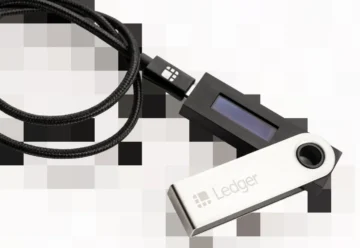Chinese DLT Network to Become SWIFT Analog for Stablecoins and CBDCs

The Universal Digital Payments Network (UDPN) is intended to become an international data transfer system between various CBDC projects and banking stablecoins.
Hong Kong-based blockchain company Red Date Technology announced the launch of the Universal Digital Payments Network (UDPN). The company revealed its plans at the World Economic Forum in Davos, Switzerland. The tool’s universality will facilitate cross-border digital payments by enabling compatibility between stablecoins and CBDCs.
The UDPN is designed to enable information exchange related to government digital assets in the same way that SWIFT does for banking institutions. The payment network is based on distributed ledger technology (DLT).
Besides Red Date Technology, which is also directly involved in developing China’s Blockchain Services Network (BSN), GFT Technologies and DLA Piper are involved in the project.
According to the white paper, the project’s goal is to “enable enterprises from different countries to transact and settle in different regulated digital currencies. The South China Morning Post reported that a number of “global Tier 1 banks” would take part in a series of test trials from January to June 2023. These tests aim to address the challenges of “integrating digital currency into daily business, banking, and payment scenarios.”
Specific digital currencies to participate in the tests weren’t given, but the company stressed that their system would only be based on CBDCs and regulated stablecoins backed by fiat currencies. The white paper also states that the UDPN isn’t considered a system for “unregulated, public-chain cryptocurrency such as Bitcoin.”
A total of eight tests are planned for the UDPN, including the possibility of using the system as a payment gateway for e-commerce. Deutsche Bank, the Hongkong and Shanghai Banking Corporation (HSBC), Standard Chartered, and the Bank of East Asia will be engaged to test the concepts.
Recall that the compatibility of national digital currencies is insisted on by major international financial institutions, arguing that it’ll help avoid problems in the future. The high interest in CBDCs from various countries prompted SWIFT to also begin testing the potential compatibility of digital currencies.











